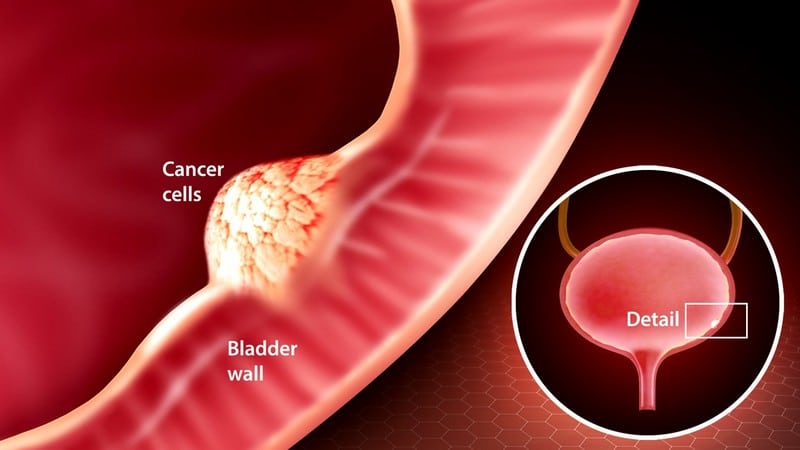Bladder Cancer

A fast-growing prostate is possibly caused by prostate cancer. Alternatively, men with benign prostatic hyperplasia are more likely to develop prostate cancer. Prostate cancer presents itself in one of three ways: asymptomatic patients who undergo prostate-specific antigen tests, men with lower urinary tract symptoms who experience biopsy, or symptomatic patients with symptoms of metastasis.
Only a tiny portion of bladder cancer may cause benign prostatic hyperplasia. To confirm the presence of enlarged prostate cancer, patients need to undergo a series of diagnostic testing, including a digital rectal examination to determine the extent of prostate enlargement. A digital rectal examination is also a test to determine whether a prostate enlargement is malignant or otherwise.
Nodular abnormality coupled with prostate gland enlargement indicates a 50% chance of prostate cancer diagnosis. Men with benign prostatic hyperplasia must undergo a biopsy followed by a thorough histological examination to confirm the presence of malignant cancer cells in the prostate. A significant increase in serum prostate-specific antigen may also suggest prostate cancer initially diagnosed as benign prostatic hyperplasia. The primary intervention for men with benign prostatic hyperplasia and bladder cancer is to provide immediate pain relief and stop the proliferation of cancer cells.










